Baby Boomers grew up in an era of meatloaf and Jello, and old habits are hard to change. While they might appreciate dabbling with a few modern culinary delights, they’re pretty selective with their choices. In some cases, we can't blame them. Let’s look at 18 modern foods that Boomers often turn their noses up at.
Avocado Toast
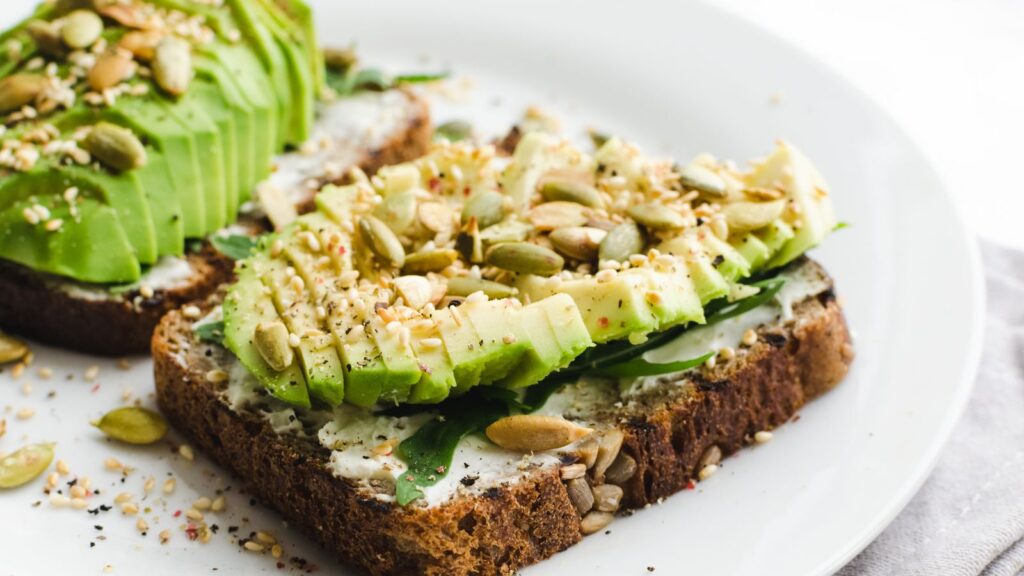
Avocado toast is the quintessential Millennial brunch item and a staple item on the menu of every modern café or deli. Having grown up with bacon and eggs as the perfect day starter, Boomers can’t get past the idea of paying $15 for what they see as glorified guacamole on bread. It looks far too green for them.
Kombucha
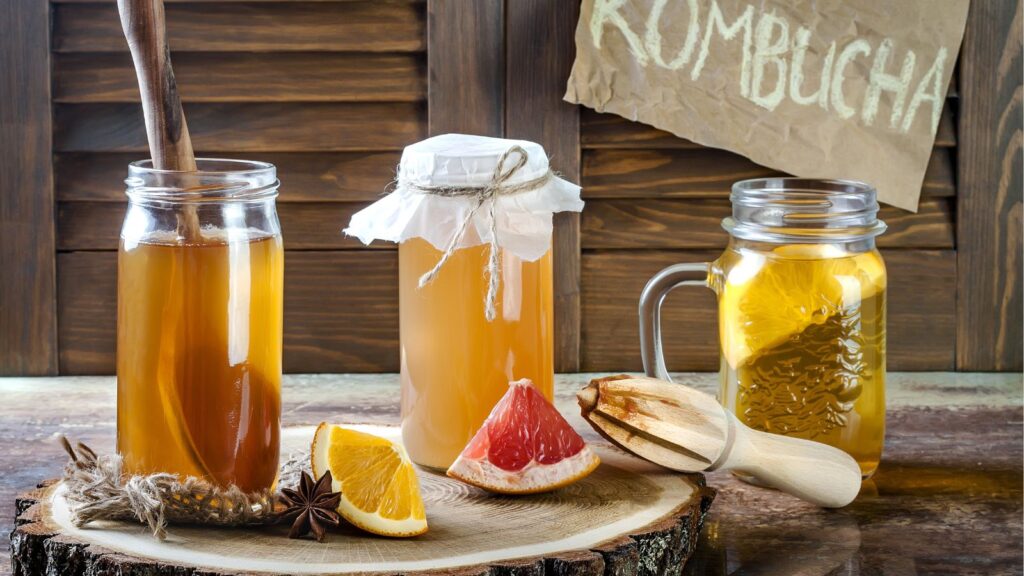
Fermented tea with a floating scoby doesn’t sound the most appealing. In truth, it doesn’t taste much better, but Millennials can appreciate the health benefits above all else. No thanks, say the Boomers. The taste and concept of drinking what they perceive as a science experiment just doesn't appeal like a cappuccino with extra sugar.
Quinoa
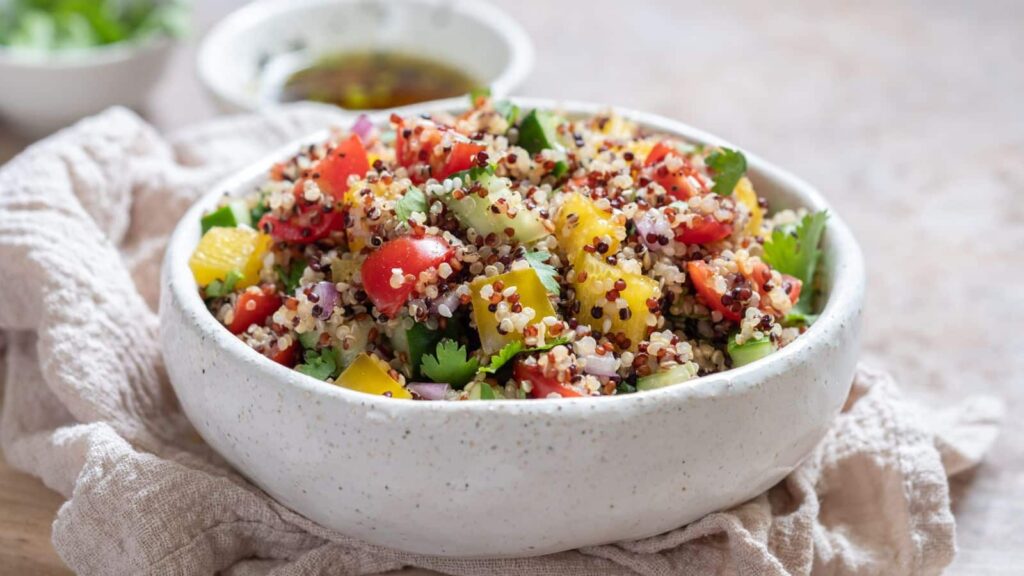
Pronounced ‘keen-wah’ for the Bloomers that can’t get to grips with the spelling, this ancient grain is a staple in modern health food diets. Boomers often find it bland and unappealing compared to the rice and potatoes they grew up with. Plus, it’s too hard to pronounce.
Kale
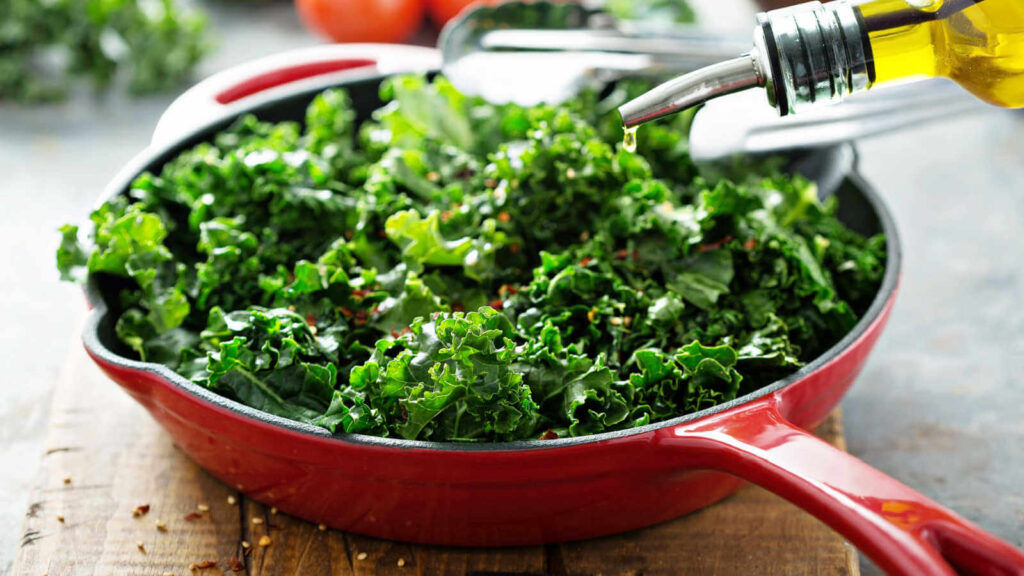
Kale chips, kale smoothies, kale salads, it’s fair to say that kale is everywhere! While it has undeniable health benefits, it’s unlikely that even younger generations could wax lyrical about its delicious flavor. But for Boomers, this tough, bitter green is more punishment than pleasure. They remember it more as a garnish on buffet platters than as a nutritious superfood. Chips should contain potatoes.
Sushi
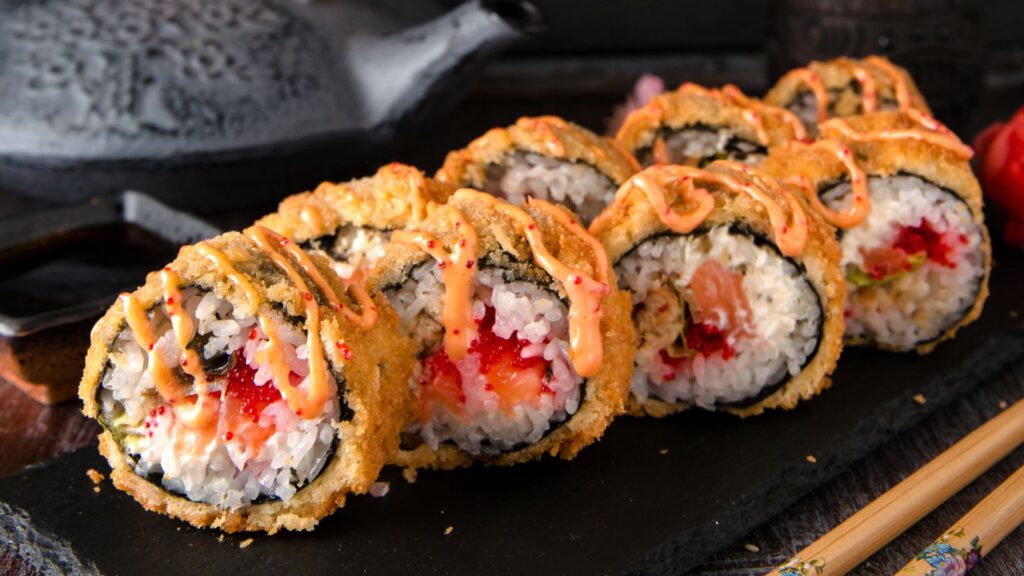
Raw fish wrapped in seaweed might be a delicacy to many modern diners, but Boomers often prefer their fish cooked. The texture, taste, and concept of eating raw seafood can be a hard sell for those who didn’t grow up with it. Sticky rice is a winner, though, even if it is served cold.
Acai Bowls
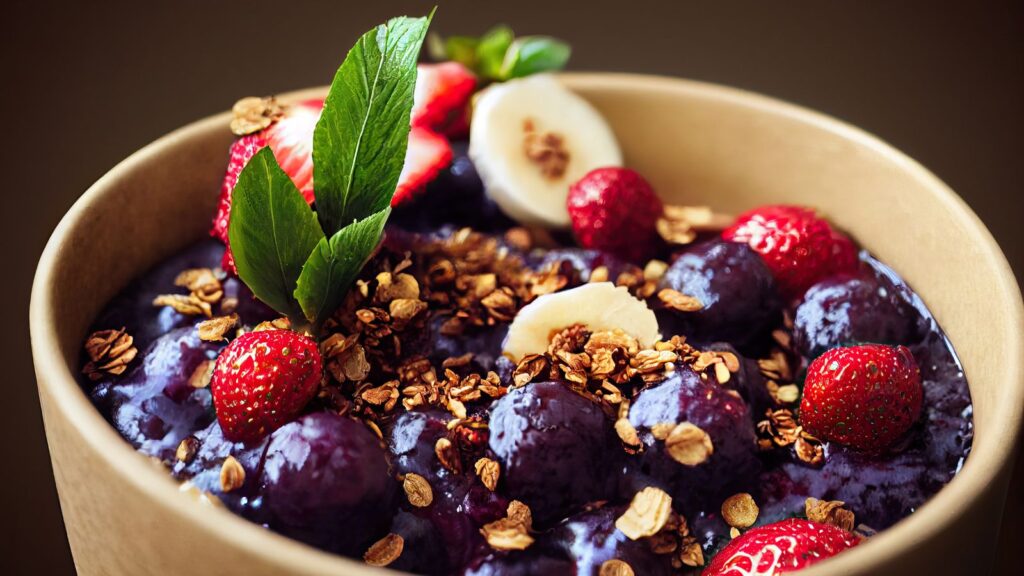
These Instagram-worthy breakfast bowls are loaded with acai berries and other fruits, but many Boomers find them too sweet and unfamiliar. They also wonder why anyone would want to eat what looks like a melted smoothie with toppings. Some Acai bowls contain hidden sugars, so they’re not that healthy anyway, at least that’s what they tell themselves…
Tofu
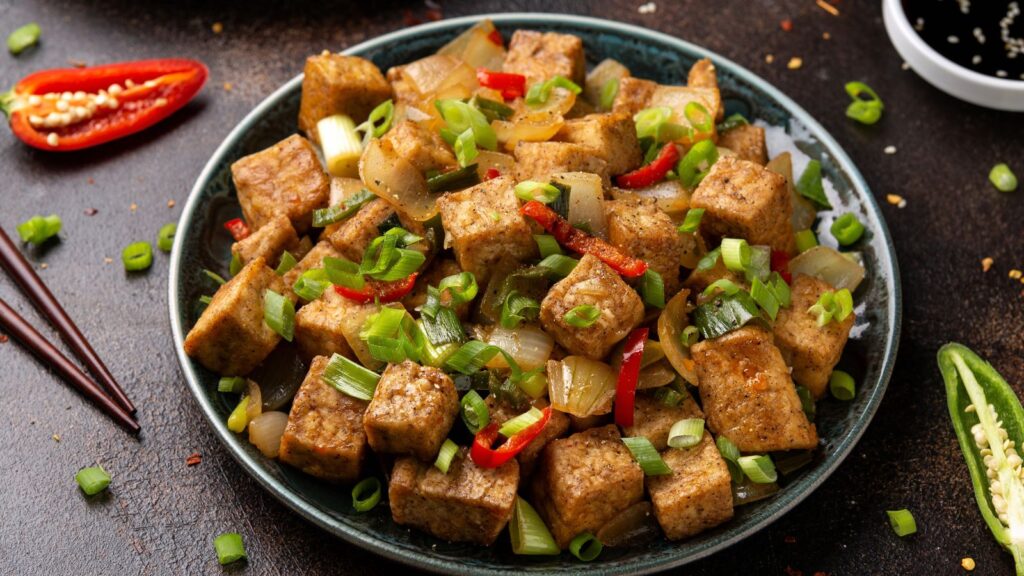
Tofu is a versatile plant-based protein, but its blandness and texture turn many Boomers off. It is a love-hate food, and while providing a great meat alternative, it’s never going to be the real deal. Bloomers prefer meat with a more distinct flavor and texture, and tofu just doesn’t meet their culinary expectations. Extra bacon, please.
Almond Milk
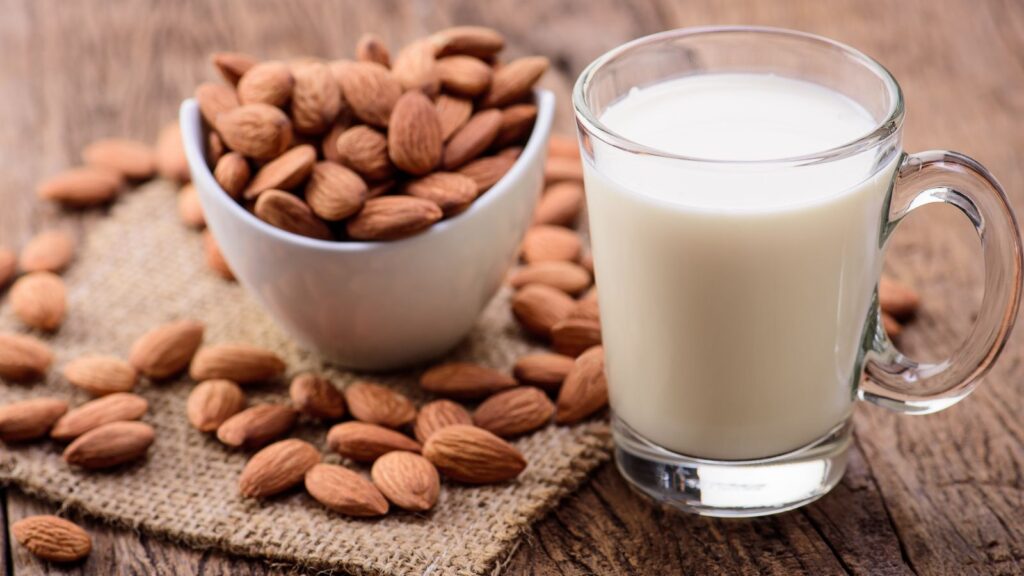
Replacing cow’s milk with almond milk (or any other nut milk) can be puzzling to Boomers who grew up with the traditional dairy industry’s marketing. We’ve since discovered the downsides of consuming dairy, so almond milk is a much healthier option. Bloomers feel that they’ve coped alright for this long and can’t see what the fuss is about.
Chia Seeds
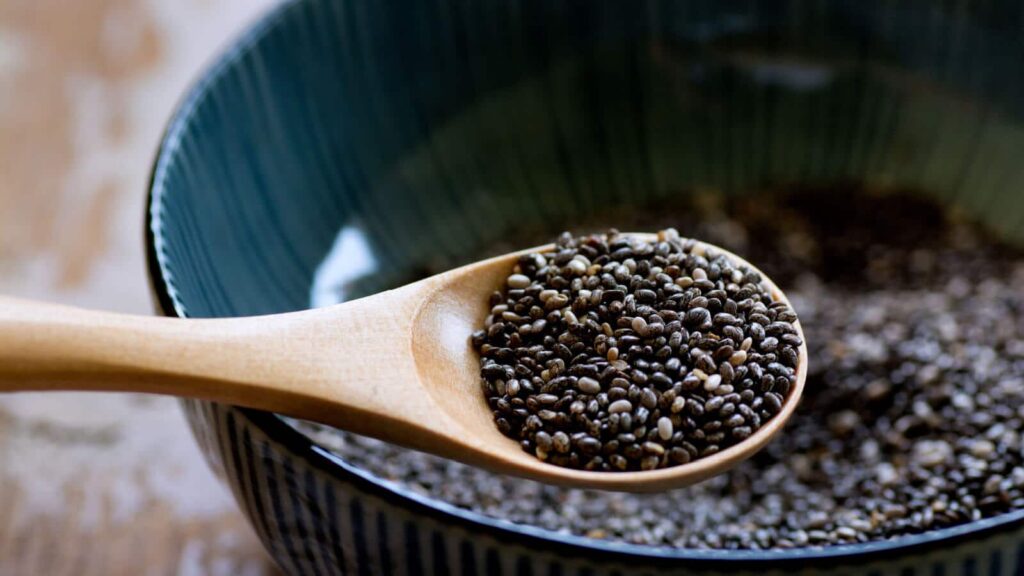
Tiny seeds that swell up in liquid and form a gel-like consistency? For many Boomers, chia seeds are more akin to the novelty Chia Pets than food. The texture alone is enough to put them off. They are strange, and it’s hard to believe that such a small seed can carry that much of a health benefit.
Beyond Meat

Plant-based meat substitutes like Beyond Meat or Impossible Burgers might be hailed as the future of food, but Boomers often prefer the real deal. The taste and concept of fake meat can be a bit too futuristic for their tastes, and if you’re going to eat a burger, just eat a burger.
Hummus
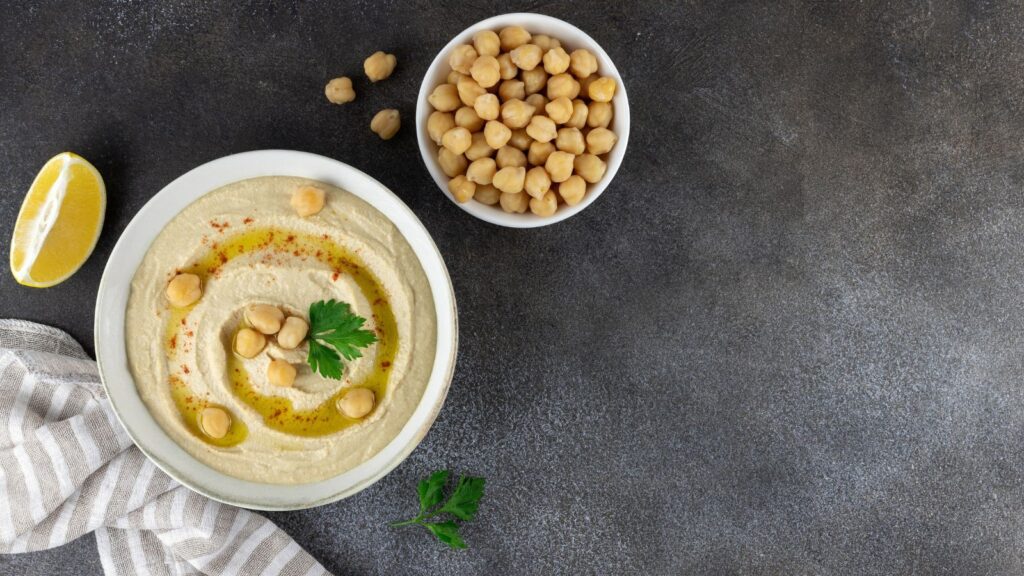
Made from blended chickpeas, hummus is a favorite dip for modern health-conscious generations, but Boomers often prefer their dips to be more familiar, like sour cream and onion. Okay, there’s a vast difference in terms of health benefits, but the texture and strong garlic flavor of hummus just fails to hit the spot like Nachos and sour cream.
Matcha
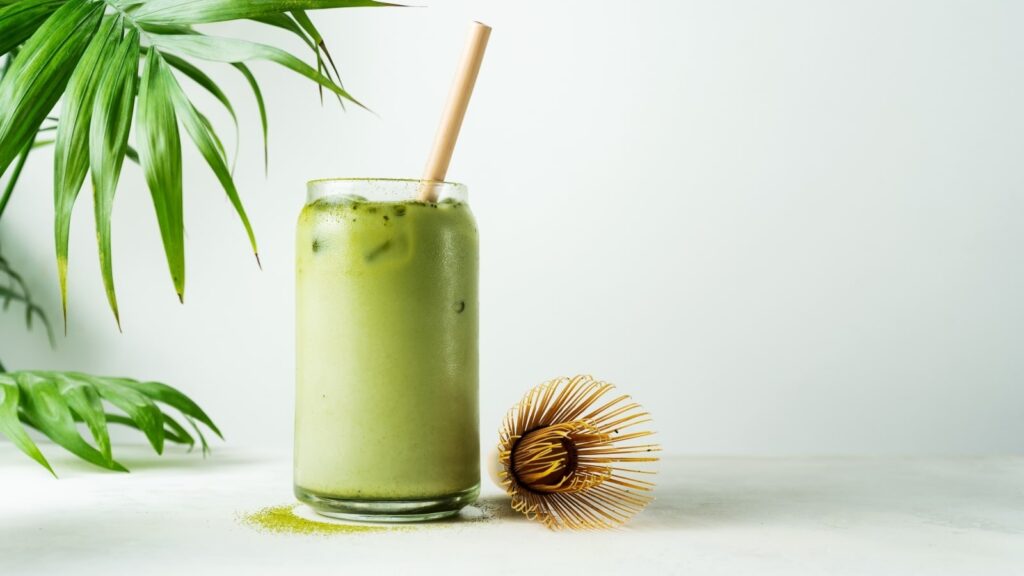
Matcha lattes and matcha-flavored everything else have become trendy, but Boomers often find the taste of this powdered green tea to be too grassy and bitter. They’d rather stick to their classic black coffee or tea. Matcha does have immense health benefits, however, and it still contains caffeine. Fair enough, it doesn’t count.
Zoodles
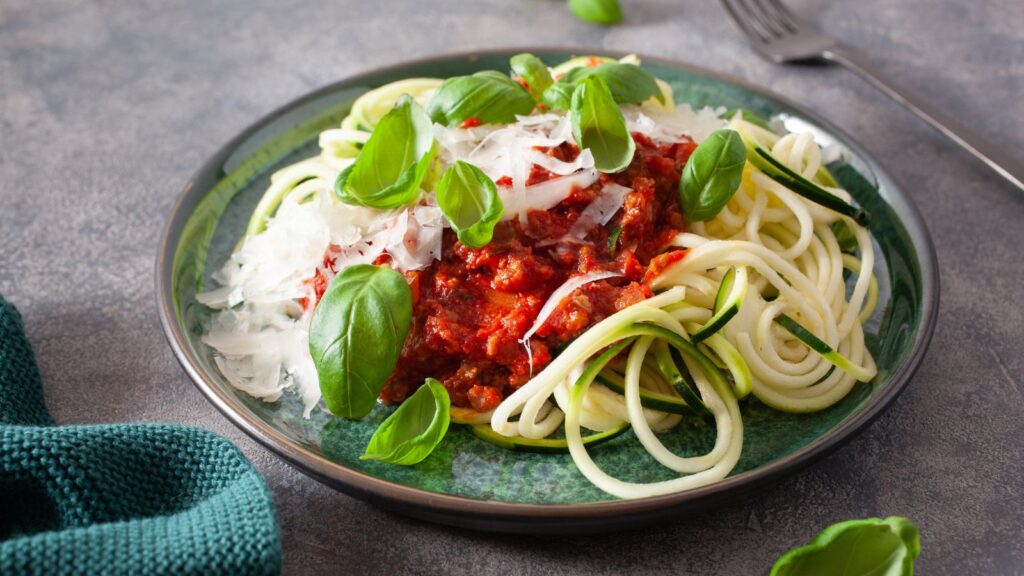
Zucchini noodles, or zoodles, are a low-carb alternative to pasta, but many Boomers see them as a poor substitute for the real thing. Real noodles are a lot tastier and more filling, and they’re traditional, too. You can’t eat a Chinese takeout with Zoodles.
Bulletproof Coffee
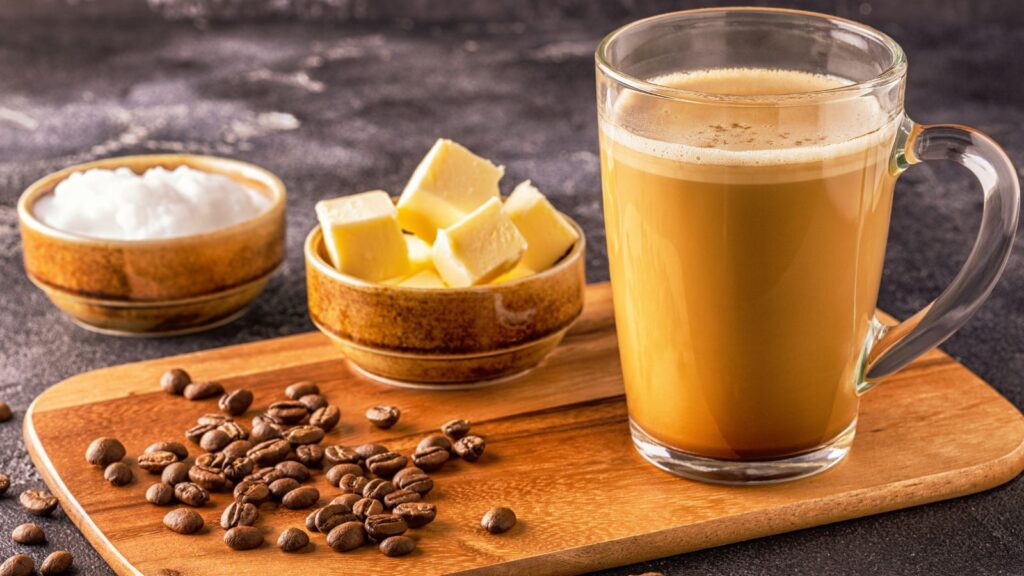
Coffee blended with butter and oil for a high-fat, energy-boosting drink? It doesn’t sound appetizing, but it does catapult younger generations through the day. Boomers often find the concept strange and unappealing, preferring their coffee black or with a splash of cream. Butter and coffee shouldn’t be synonymous.
Cauliflower Rice
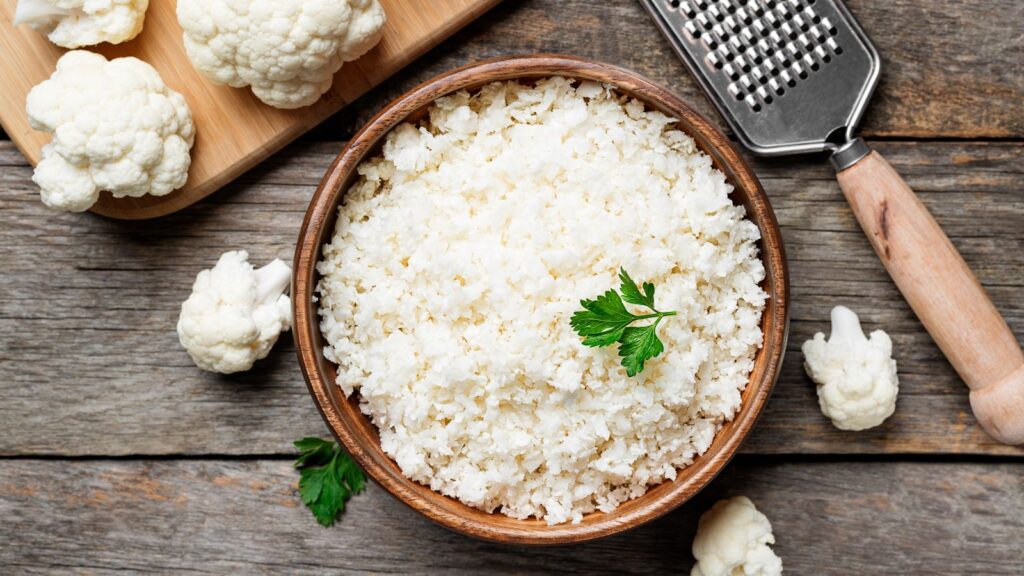
Substituting cauliflower for rice might be a low-carb dream for some, but Boomers usually see it as a flavorless and unsatisfying imitation of the real thing. They grew up with hearty, filling sides and don’t appreciate this veggie masquerade. It’s a great replacement for people who are watching their weight or keen to stay healthy.
Spirulina
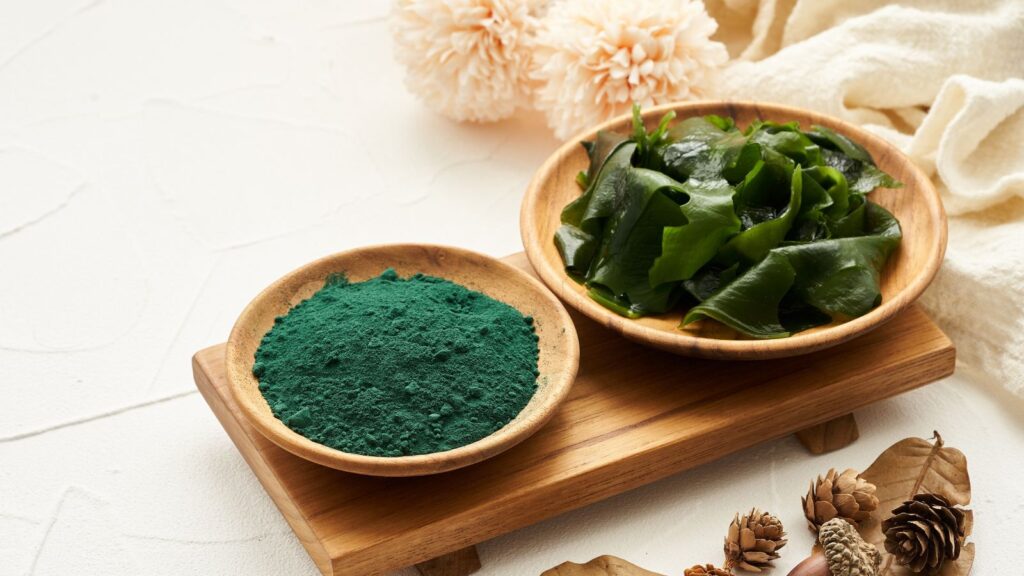
Spirulina tastes beautiful, said no one ever. This blue-green algae is touted as a superfood, but its strong, earthy taste is often too much for Boomers. It does have immense health benefits and can do wonders for physical and mental health. They’re more likely to view it as pond scum than a health supplement. The similarities do exist.
Kimchi
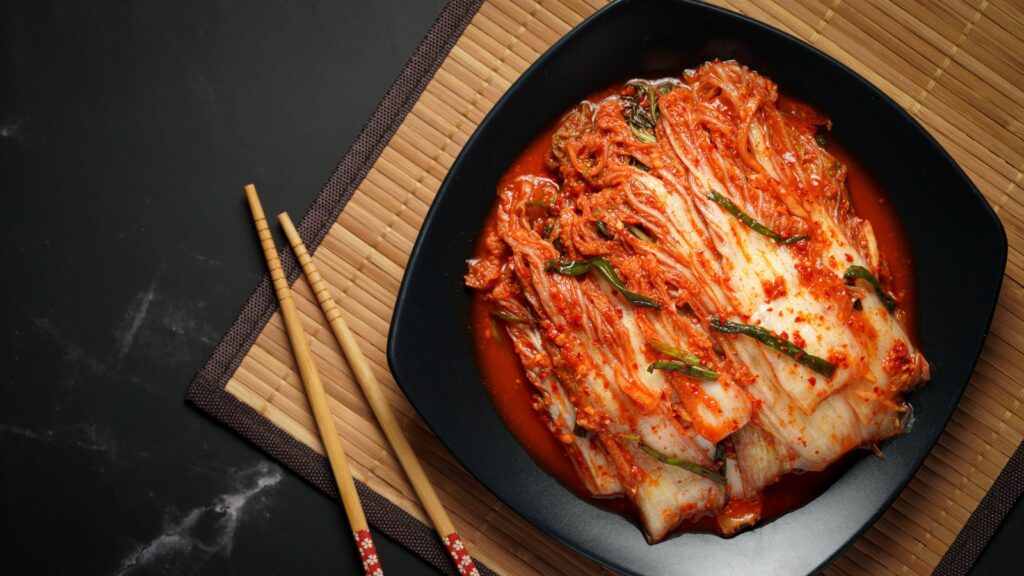
Fermented Korean cabbage, kimchi, is loved by many youngsters for its spicy, tangy flavor, but Boomers often find it too pungent and overpowering. It might do wonders for gut health, but fermented foods, in general, can be a tough sell for this generation unless it has an alcoholic content.
Jackfruit
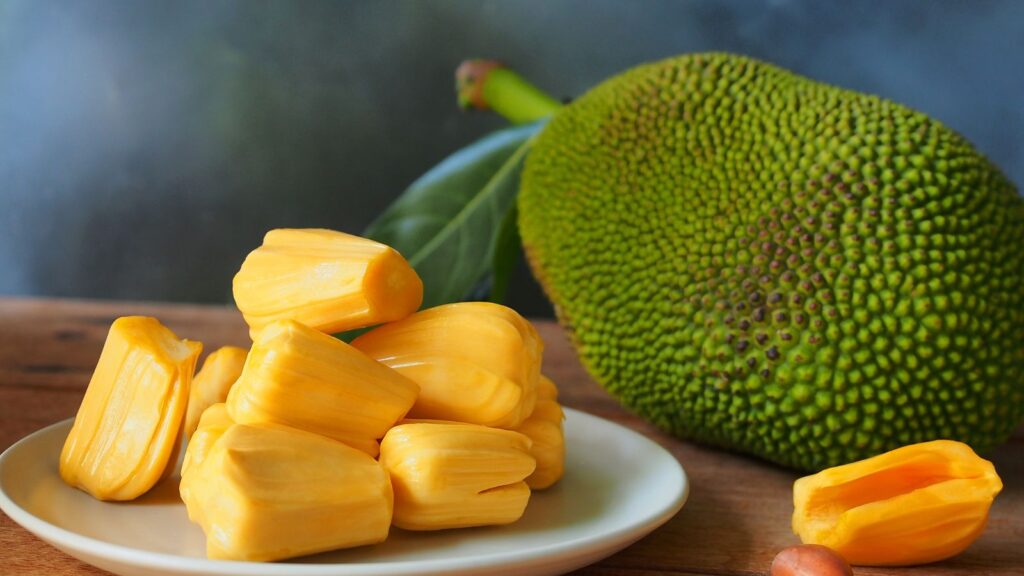
Used as a meat substitute in many vegan dishes, jackfruit’s stringy texture and sweet flavor, when unripe, can be off-putting to Boomers. Pulled pork should never be replaced in their eyes. Eat it, or don’t eat it. Don’t pretend to eat it. They find it strange to use a fruit as a meat replacement and prefer their proteins to be more traditional.
30 Traditional Sayings That Are Now Considered Offensive by Woke Culture

30 Traditional Sayings That Are Now Considered Offensive by Woke Culture
21 Habits Often Associated With Having a Lower Social Status

21 Habits Often Associated With Having a Lower Social Status
25 Social Issues Gen Z are Determined to Cancel

